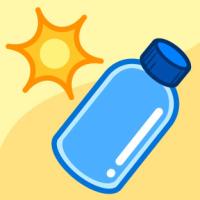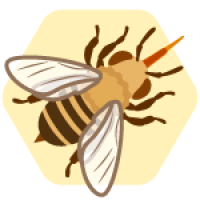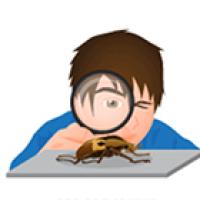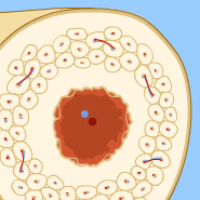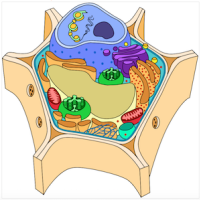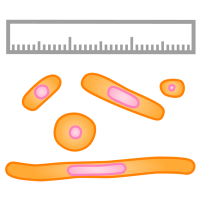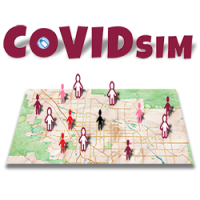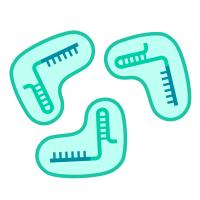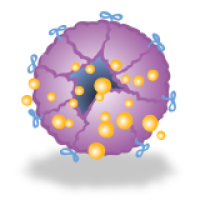Games and Simulations
Sometimes the best way to learn biology is by playing a game or using a simulation. For this reason some of our stories and activities include companion games. Here is list of our current collection of fun biology games. Please note that these biology games are now in HTML5 and are no longer require Flash. We hope you enjoy them.
Be Part of
Ask A Biologist
By volunteering, or simply sending us feedback on the site. Scientists, teachers, writers, illustrators, and translators are all important to the program. If you are interested in helping with the website we have a Volunteers page to get the process started.

